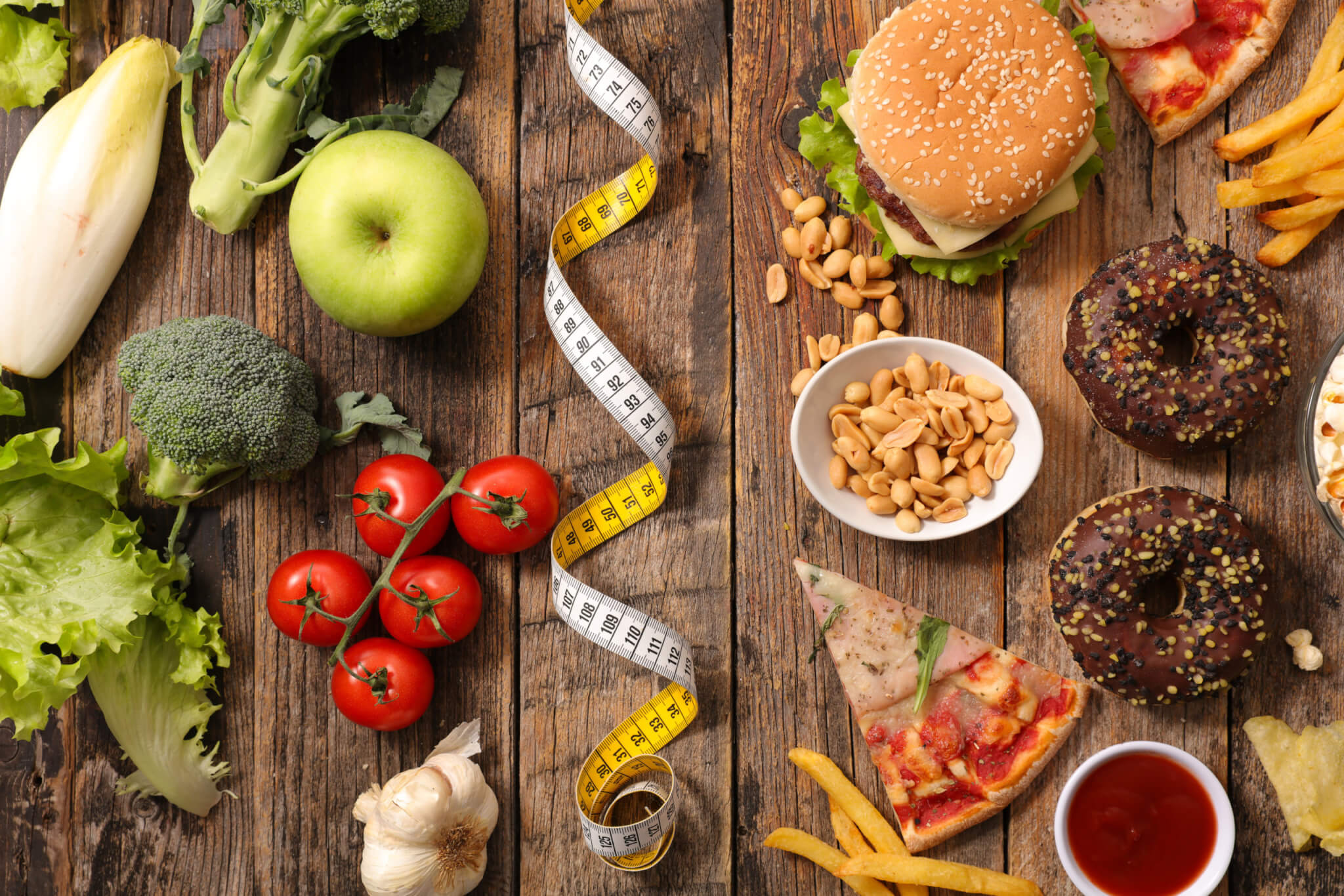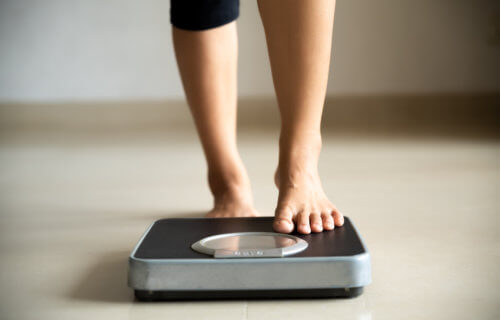We hear so much about people wanting to lose weight, but there are plenty of folks out there looking to add pounds too! Too often, people who are underweight and want to put on weight end up getting left behind in conversation. That may sound easier said than done, but there’s a great difference between gaining weight and gaining weight correctly.
Certainly, there are no shortage of less healthy ways to gain weight — especially if you love junk food. Sure, indulging in soda, chips, and lots of fast-food can do the trick quite easily. Even though this is effective, it is not a long-term fix because doing this increases risk of gaining too much weight, along with higher odds of heart disease, diabetes, and hypertension.
Gaining weight intentionally is fine, but making sure it’s healthy is imperative.
Why might someone want to gain weight?
Everyone has different goals. Simply maintaining weight can be a great challenge for some. A lot of times, people who want to put on weight may want to do so for three big reasons, although there could be others:
- Naturally being thin and wanting to put on weight for fitness-related or aesthetic reasons.
- Cancer, Crohn’s disease, overactive thyroid patients, and virtually anyone who has a complicated chronic illness course (particularly those with long-term hospital stays) can quickly become malnourished and underweight.
- Struggling with an eating disorder can lead to someone being dangerously underweight. For people who struggle with weight loss from this, a big part of recovery is focusing on healthy weight gain to restore the body’s ability to function optimally.
Whether you are underweight in the setting of medical issues or want to put on some weight for the gym gains, the main ideas and ways to get there are the same. Of course, there may be some variation depending on individual circumstances. For this reason, always work with a dietitian on the best course of action for your lifestyle and unique needs.
The 5 best weight gain strategies

Be in a calorie surplus
You hear weight loss fanatics preach the importance of a calorie deficit, but you want to do the opposite if you’re looking to gain weight. To do this, you’ll first need to find your total daily expenditure (TDEE), which measures the amount you need to eat to maintain your weight. There are several different sites, but TDEE Calculator is one of the most reliable tools.
Keep in mind that it is only able to provide an estimate, though. Try to take in 300–500 calories more than the number generated for you on a daily basis.
Include more fat
We are not talking about fried foods, but healthy fats. Foods like avocado, olive oil, peanut and almond butters, are all great sources that contain virtually all of their calories from fat.
- One tablespoon of olive oil contains 120 calories.
- One tablespoon of almond/peanut butter contains just under 100 calories.
- One half of an avocado contains almost 150 calories.
You don’t need a lot to get this benefit, which makes high-fat foods a good choice for someone who wants to take in more calories without feeling super full.
Swap your dairy
If you usually drink skim milk and eat non-fat Greek yogurt, it may be time to make some changes. For the purposes of weight gain, try whole milk and whole milk yogurt instead. Cheese and full-fat cream are also good dairy choices to include in your diet.
If you are dairy-free, hemp milk typically contains the most calories per cup, coming in at 140 calories.
Snack more often
People struggle with a calorie surplus because they think they are eating more than they actually are, largely because they try to throw food back during three meals and end up feeling full. If you are trying to gain weight, you may find it more beneficial to eat snacks throughout the day to give you more calories and make being in a surplus less intimidating. Nuts, cheese, granola, and dried fruit are all snack ideas that can help.
Eat more protein
Protein is the building block of the body. It’s imperative for muscle growth, maintenance, and overall development. Protein-rich foods include meats, seafood, eggs, tofu, beans, and more. At the same time, it’s important to not overdo it as it is the most filling macronutrient.
If you end up being a little too full and satisfied from the protein overload, you may not take in as many calories to support your weight gain.
Bottom Line
You may want to gain weight for several reasons, whether fitness, medical-related, both, or something else entirely. Sometimes it can feel difficult to gain weight when there isn’t a clear plan on how to do it effectively. Having an idea of your TDEE and eating above that, along with making some dietary tweaks like eating more fat, protein, and eating more often, are some of the most effective nutrition tools. Individualized advice varies, so this is just general guidance. Work with a registered dietitian to establish a path with your unique needs in mind.

I can just offer one tip … Ben and Jerry’s Chunky Monkey.